Put your trust in the "blue tick" fanpage
Sharing with Dan Tri reporter, Ms. NN said that seeing many people introducing "The Clay Resort" on TikTok, she went to Facebook to learn more.
When she saw a fanpage with the same name, with a "blue tick" (authenticity confirmed), and many interactions, she believed this was the resort's official page so she texted to ask about booking a room.
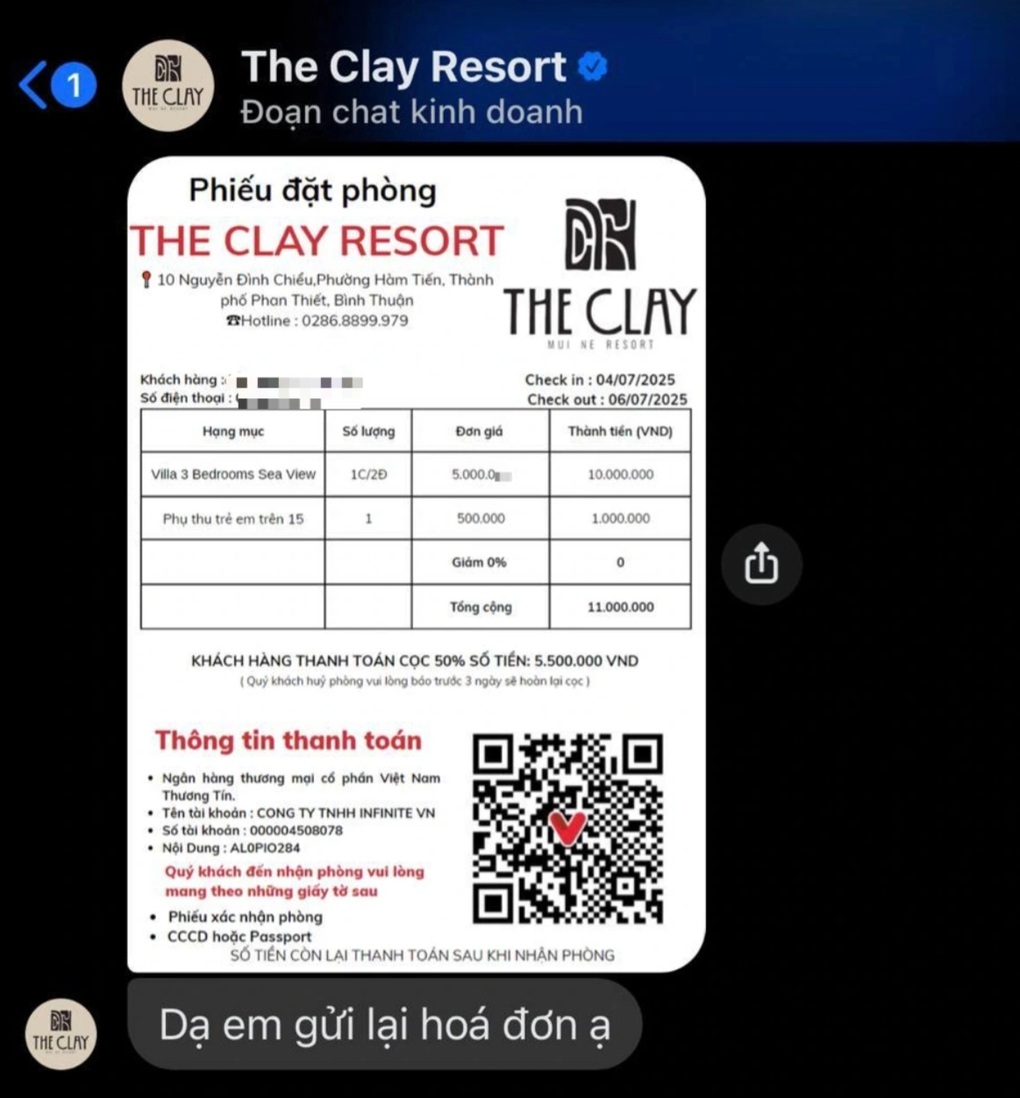
Fanpage with "blue tick" enthusiastically advised Ms. NN (Photo: Character provided).
Ms. NN said that when she contacted the fanpage, the consultants were very enthusiastic and proactive in supporting all requests. After agreeing, they asked her to transfer 50% of the cost in advance to reserve a place - equivalent to 5.5 million VND for two nights' stay.
Trusting in the initial professionalism, Ms. NN agreed to transfer the money. However, after paying, she began to feel something was wrong.
"They texted me that I had transferred the wrong booking code and asked me to transfer it again to confirm. They sent me a new Facebook account and told me to contact the chief accountant to get the money back that had been transferred by mistake, but no matter how many times I texted, no one responded," she recounted.
When Ms. NN texted again to ask more about the pet policy and check-in information, this fanpage no longer responded as before. Suspicious, she looked up the phone number of this place on Google Maps and found that it was completely different from the number she had contacted before.
"I texted back to ask but was blocked immediately. Only then did I realize I had been scammed," she confided.
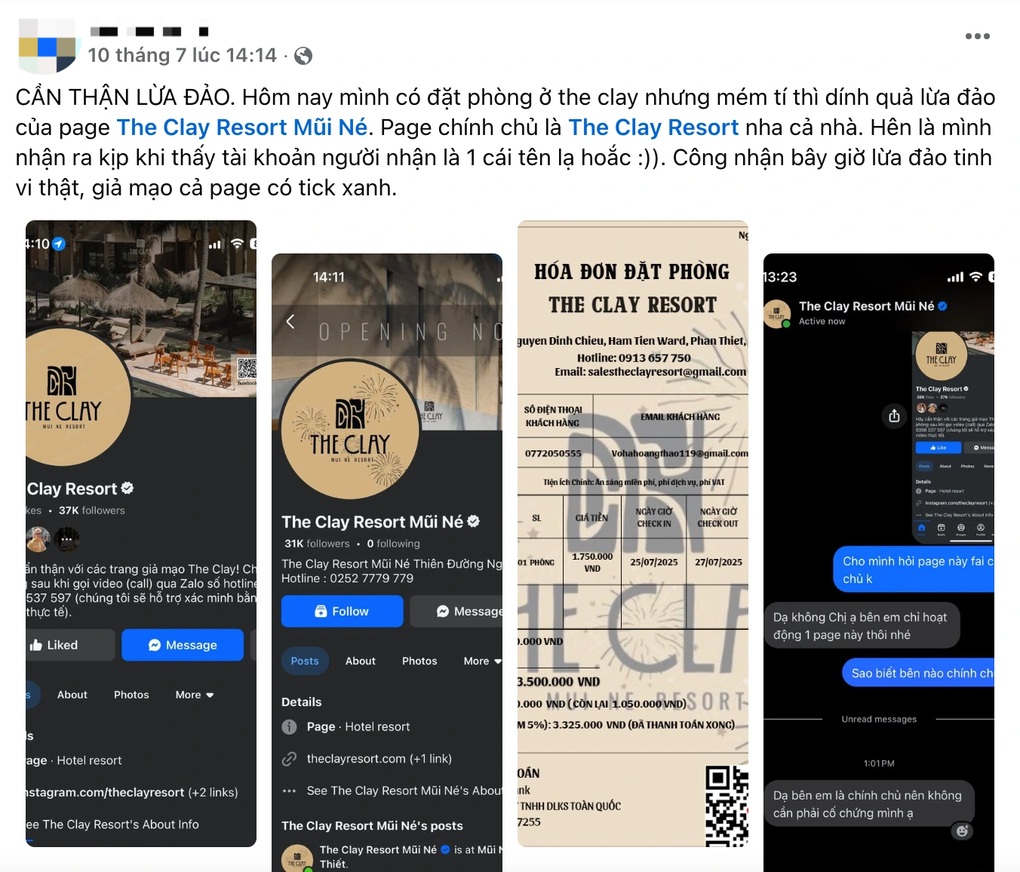
Many people also have posts on social networks, warning about these forms of fraud (Photo: Screenshot).
After having her money stolen, Ms. NN immediately sent a warning message to the resort's official fanpage - which had a real "blue tick" and a phone number that matched the information on Google - and reported the fake fanpage to the Facebook platform.
"When comparing the two fanpages, I saw that the fake fanpage had copied the entire post from the main page, but about 30 minutes to a few hours late. They used the same images, language, and even the same comment content, making it difficult to distinguish if you don't pay close attention," said Ms. NN.
What she regretted the most was not only the money she lost, but also the family vacation plans that were disrupted. When she realized she had been scammed, she was almost in no mood to prepare for the trip anymore. Finding a new place to live also became very difficult because she was always afraid of being scammed again.
The trap called "online booking" during tourist season
Not only Ms. NN's case, recently, on social networks there have been many reports from users about being scammed when booking hotels and resorts through fake fanpages.
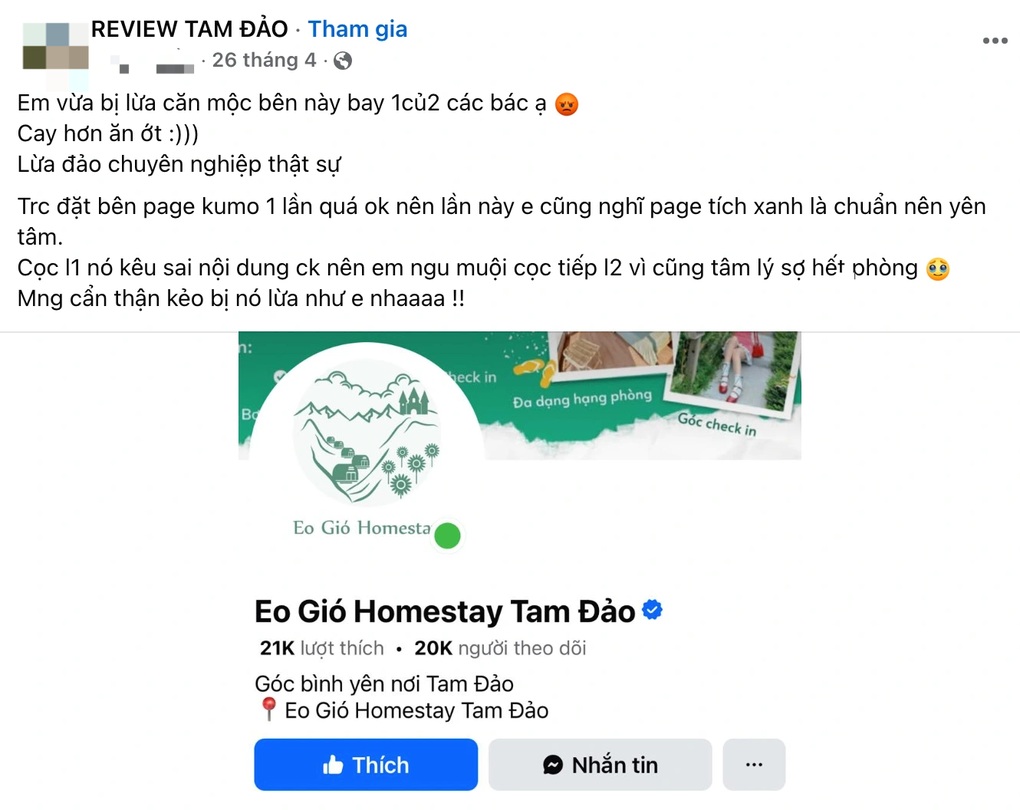
Many reputable accommodation units were impersonated (Photo: Screenshot).
Many victims said they were also convinced to trust these sites because of their professional interface, large number of interactions and "green ticks". After transferring the deposit, the fake accommodation unit immediately lost contact or continued to use tricks to ask for more money with the reason of wrong booking code or wrong information.
According to Dan Tri reporters, fake fanpages of accommodation establishments are becoming a popular form of fraud, especially during peak tourist season. Fraudulent methods are becoming more and more sophisticated, making it easy for many people to fall into traps if they are not careful.
These fanpages often target famous homestays and resorts that are causing a stir and fake their names, images, and even their consulting tone.
Just type in the name of a beautiful homestay or resort in Phan Thiet, Da Lat, Nha Trang or Phu Quoc, users can see a series of fanpages with the same or similar name, with identical images.
Many of these pages are fake fanpages, operating in an organized scam model: Running ads to reach customers, using personal bank accounts to receive deposits, and then... disappearing.
For tourists, the price to pay is not just a few hundred thousand or a few million dong deposit. Some people book a room for a group, but when they arrive, there is no room, making them both confused and angry. Some tourists miss their trip, having to find a room quickly during the peak season when prices are high and the quality is not guaranteed.
Faced with the increasing number of scams in the tourism sector, since February, the Vietnam National Administration of Tourism has sent documents to local tourism management departments and issued warnings to the public.
Specifically, people need to carefully research information about tourism service providers in general and tourist accommodation establishments in particular before booking services.
When making payment transactions, people should only book services on official websites and fanpages of tourism service businesses provided by local tourism management agencies or through reputable service booking platforms.
At the same time, the Department also requested local departments and branches to strengthen inspection and examination work, promptly detect and handle violations according to the provisions of law.
"Close coordination between management agencies, businesses and customers is an important factor in minimizing the risk of fraud in the tourism sector.
These measures not only protect tourists' rights but also contribute to enhancing the reputation of Vietnam's tourism industry in the eyes of domestic and foreign tourists," part of the content of the document of the Vietnam National Administration of Tourism stated.
On July 6, the Ministry of Public Security warned about the trick of impersonating travel agencies, tourist areas, resorts, etc. to post information about accepting tour and hotel bookings in order to appropriate people's property.
According to authorities, scammers hire services to issue Facebook "blue ticks" or buy Facebook accounts with "blue ticks" from before, renaming them as tourist areas, hotels, resorts or reputable travel businesses.
From there, they create trust for people, run ads and post information to book airline tickets, hotel rooms, etc.
Faced with the above situation, the Ministry of Public Security warns people to carefully check information on social media accounts that sell or advertise travel combos, hotel rooms, resorts, etc.; check information posted from many different sources: Facebook, TikTok, official websites of businesses, accommodation establishments, etc.
Before booking, people need to check the transparency of social media accounts; most fake accounts are newly established or have just been renamed and posted advertisements in a short time.
Source: https://dantri.com.vn/du-lich/co-gai-o-tphcm-mat-55-trieu-trong-tich-tac-khi-dat-phong-qua-fanpage-20250720011246329.htm


![[Photo] Hanoi morning of October 1: Prolonged flooding, people wade to work](https://vphoto.vietnam.vn/thumb/1200x675/vietnam/resource/IMAGE/2025/10/1/189be28938e3493fa26b2938efa2059e)


![[Photo] Keep your warehouse safe in all situations](https://vphoto.vietnam.vn/thumb/1200x675/vietnam/resource/IMAGE/2025/10/1/3eb4eceafe68497989865e7faa4e4d0e)

![[Photo] President of the Cuban National Assembly visits President Ho Chi Minh's Mausoleum](https://vphoto.vietnam.vn/thumb/1200x675/vietnam/resource/IMAGE/2025/10/1/39f1142310fc4dae9e3de4fcc9ac2ed0)









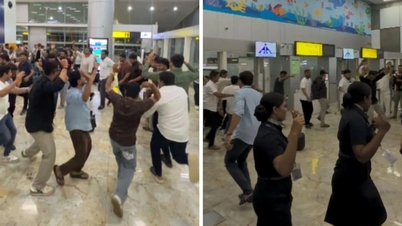



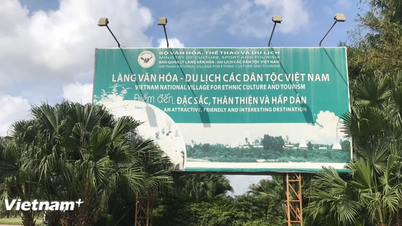

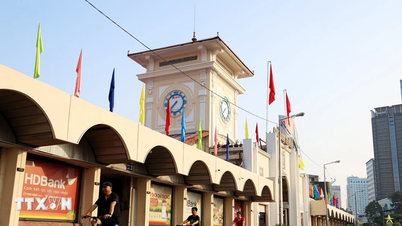
















































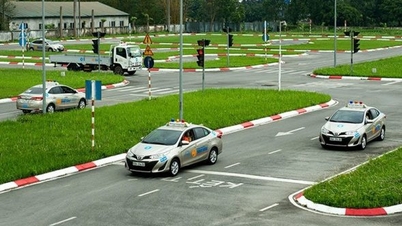





![[Infographics] An Giang Agriculture 2020-2025: Stable growth, quality transformation](https://vphoto.vietnam.vn/thumb/402x226/vietnam/resource/IMAGE/2025/10/1/bf3a77ba3a0243a697e5253ed4cd6f9c)

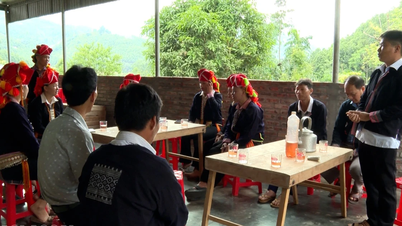














Comment (0)